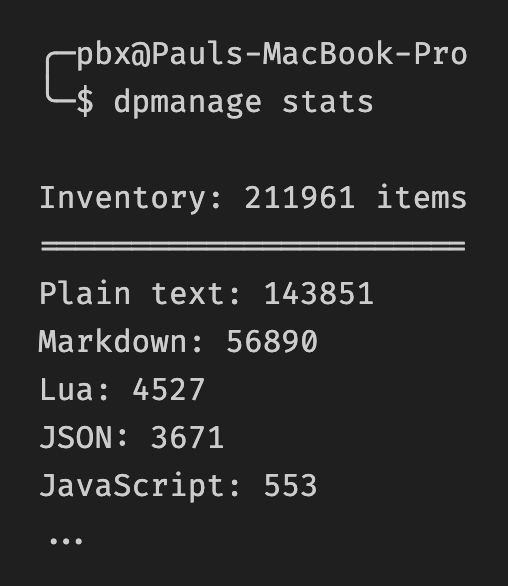Good questions from students
I love visiting high school and college classes to help students learn what it’s like to do software engineering professionally.
Recently I was a guest speaker in a local high school computer science class, and afterward got a great bunch of emails from the students.

